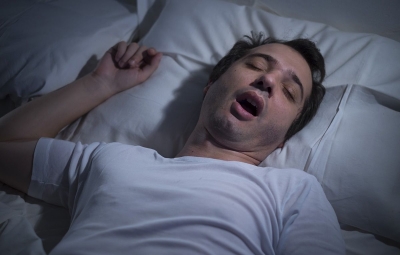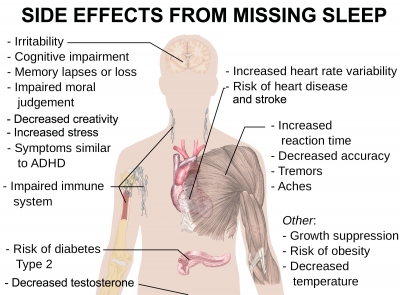
Because something is keeping the air from moving freely through the passages behind their noses and mouths. Maybe they have bad sleep posture, or maybe they’ve put on weight or have a sinus infection. Sometimes, snoring is brought on by age. Whatever the reason, snoring can get loud. A woman in England once snored loud enough to drown out the sound of a low – flying passenger plane!
Those who have enlarged tonsils, an enlarged tongue or excess weight around the neck are more prone to snoring. And structural reasons like the shape of one’s nose or jaw can also cause snoring. The snoring sound itself is a result of the narrowing of a person’s airway, which causes a throat vibration and the snoring sound. No matter the reason, 40% of normal adults snore regularly, whether they realize it or not.
Picture Credit : Google





